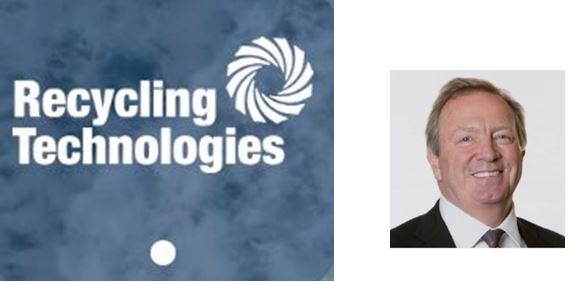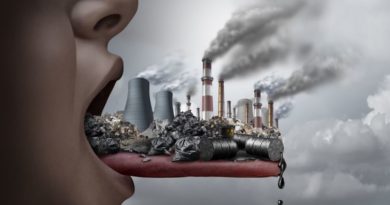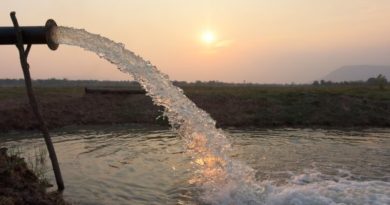View: Plastics Importance Makes Its Inclusion In The Circular Economy A Must
Gary Bullard, Chairman of the Board at Recycling Technologies, a UK based firm focused on plastics recyling, writes about the critical need to ensure that efforts to recycle plastics do not flag.

With most of the UK in lockdown in the midst of the Covid-19 pandemic, many tuned in to hear Sir David Attenborough be interviewed by Andrew Marr. Sir David’s message was stark – “Our world is headed for disaster”. The solution he suggests is: “Stop waste. Stop waste of any kind. Stop wasting power, stop wasting food, stop wasting plastic”.
It is a message which is increasingly resonating across the whole population. What remains to be seen is how this will be acted upon as we exit of this crisis, and we discover what the “new normal” is in our daily lives and in business. It is possible that this global crisis is “the rehab intervention” that will cause the world to pause, realise what a small planet we live on, and redouble our efforts on sustainability, including the reduction of waste. An alternative outcome is that attention will swing to shorter term financial priorities, as businesses fight for survival and governments prioritise spending on health and social care.
What is almost certain is that there will be some fundamental changes which will have effects on our industry. Activity, which in the lock-down is entirely centred on the home, will only gradually extend back out, and never return to how it was before. Working from home will become much more normal – as companies have learned that they must do this to survive, and that it can be very effective. People have become more used to home deliveries and the surviving retailers will be those with strong online capabilities. This will be compounded by higher unemployment levels, less holiday travel, and only a very gradual return to many leisure activities away from home. “Zoom meetings” will replace some travel to interact with family and friends as people have realised how effective this technology can be. It’s difficult to see that domestic refuse and recycling capabilities, already at near breaking point in many areas, won’t come under even greater pressure.
In our business segment we see opportunities as well as threats. Plastic as a packaging material is lighter weight and more durable than most. Its carbon footprint is usually lower than other alternatives like glass, metal or even cardboard. It becomes increasingly a better economic alternative with a lower oil price, its raw material. The current slump in oil price, which although not caused by the pandemic, is going to be sustained by the likely global recession and long term reductions in air and car travel. Consumer demand for it is going to increase – even if some households have been weaned off bottled water as online groceries have stopped delivering it to prioritise other foodstuffs!
The main block to this is plastic’s contribution to a circular economy, with a low proportion being recycled and instead being sent to landfill, or burnt, or even just discarded. Finding an economically effective way of doing this is our challenge – one which has become probably even more difficult, but even more of an imperative.
(Published with permission from Recycling Technolgies)




